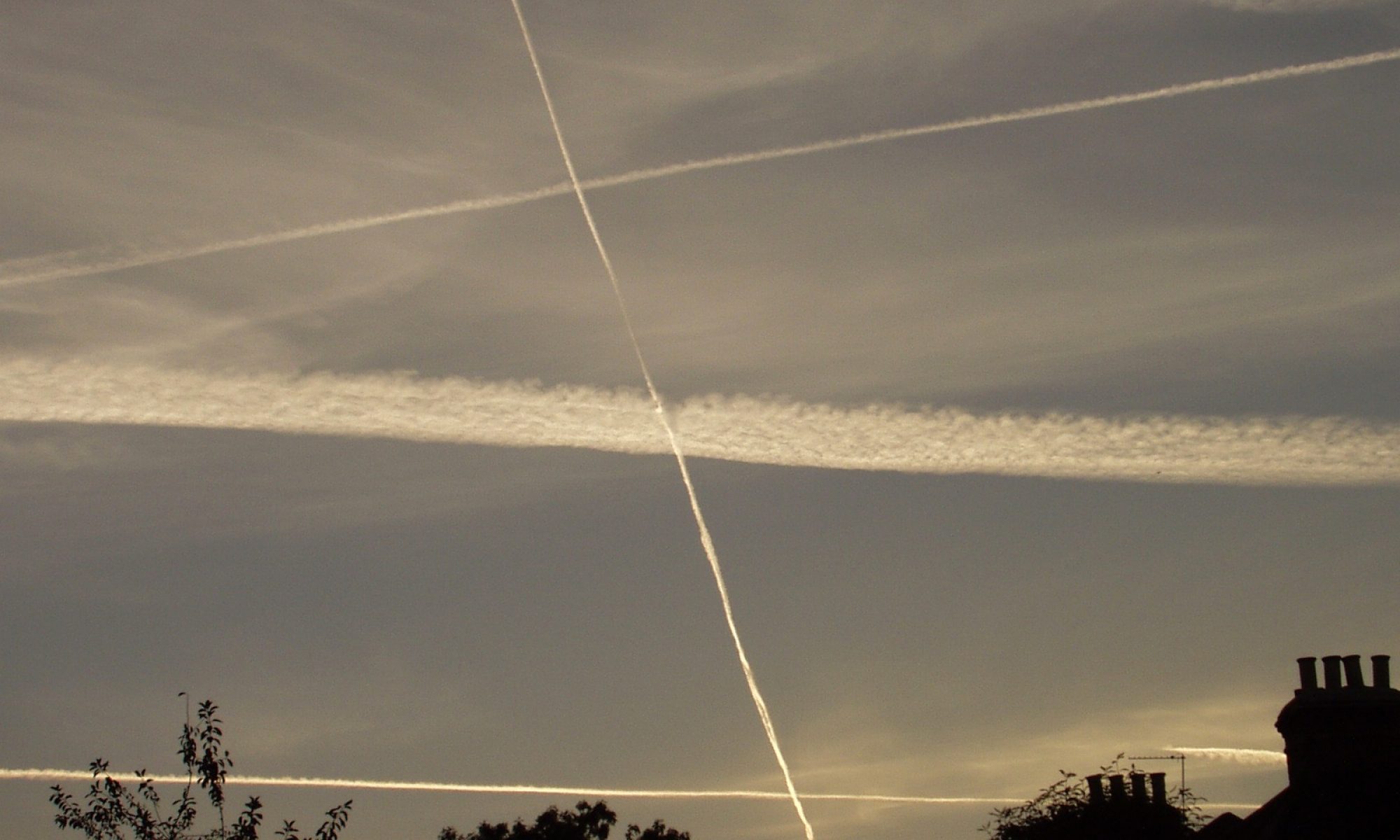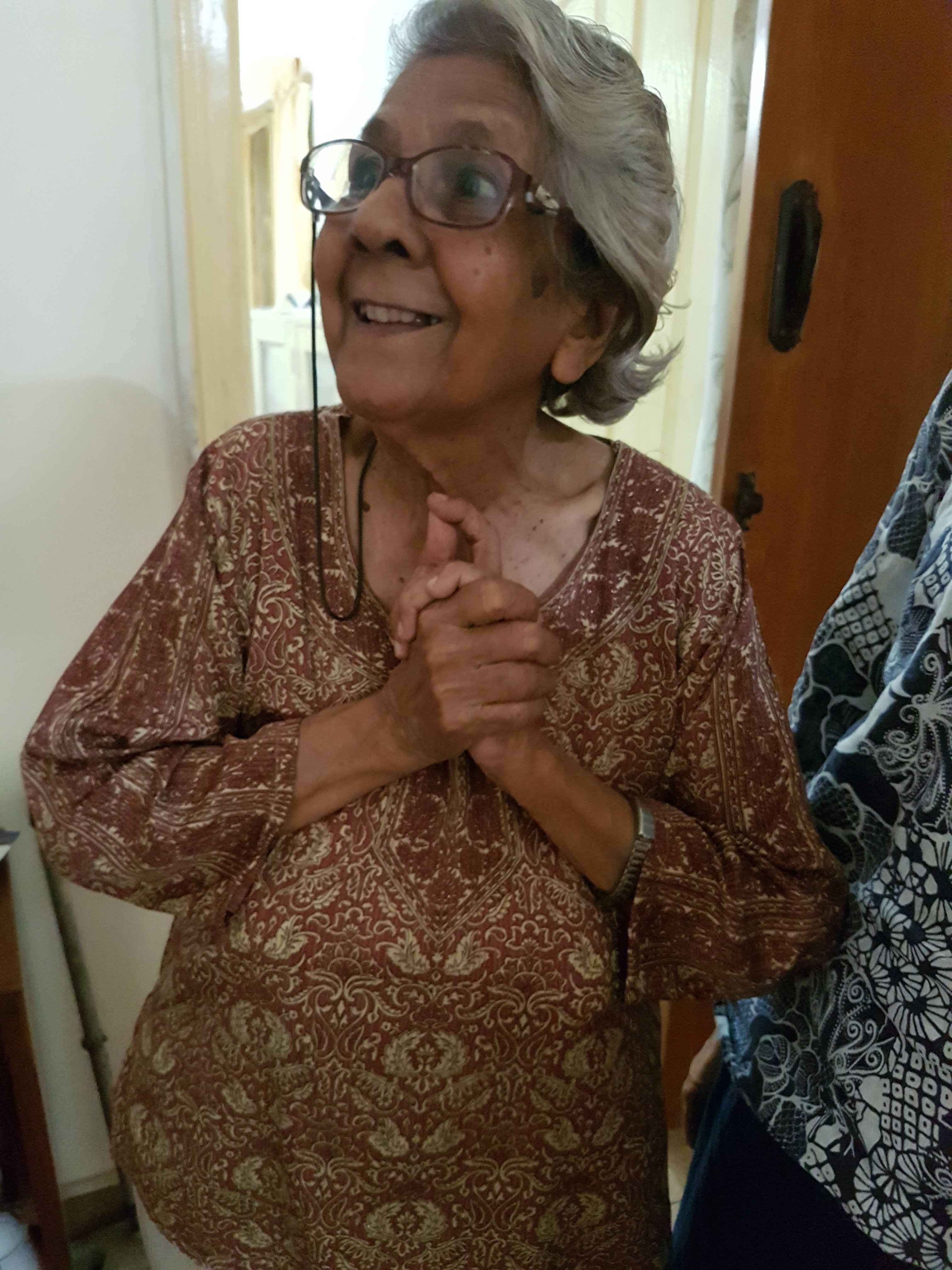Now there’s a word.
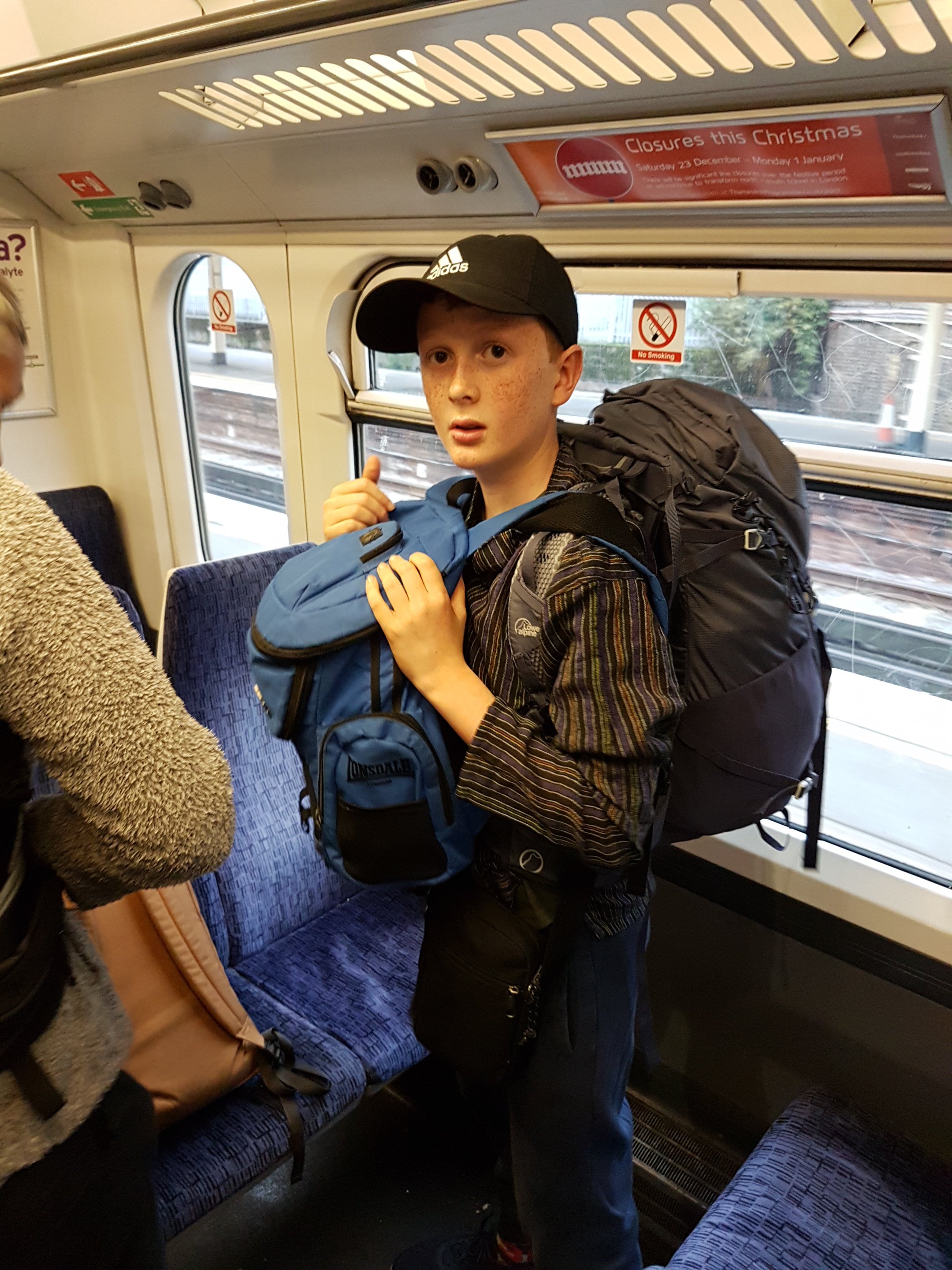
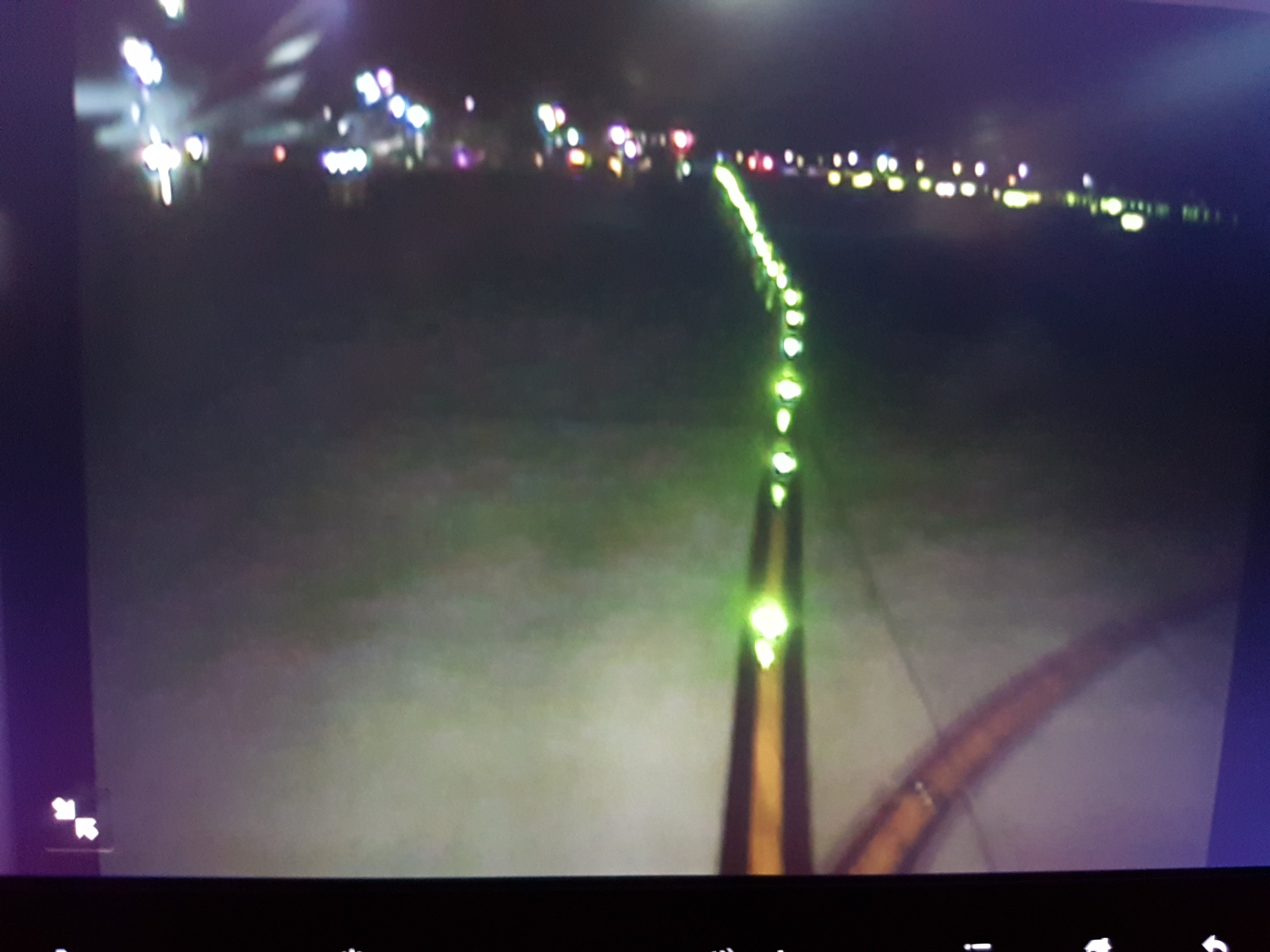
The basic unit of my belonging is a bag, more bags than I can carry is a car, more bags than can be carried in a car is a caravan, more bags than can be carried in a caravan is a spare bedroom. These are the quanta of my belongings.
As the flight time from UK approached belongings were endlessly parsed, bags bought rejected and returned, contents sifted and weighed. Packed repacked….
What do I need? What will we need?
After 20 hours of trains, planes, waiting, walking and sitting, we arrived at Bangalore airport. Only our bags didn’t.
The airport is an astonishing architectural piece. I am not quite sure what I am looking at. Giant white steel columns splay up and outwards like the struts of an umbrella, except there are many such umbrellas, all collectively holding up a vast curving, rolling roof. Vaguely, I think I don’t understand how it works.
And then we’re away, riding along a brightly lit, signposted, super smooth highway, our host laughing saying ‘yes, you’ll find all the roads are just like this’. And sure enough they are, until we turn off ten minutes later, me clutching a giant phone that’s telling me what to tell Parveen about which way to go, and we launch into the dark, potholed reality of peri urban Bangalore. It’s the rains. And the trucks, and cars…and some hours later we arrive, and eat and rest.
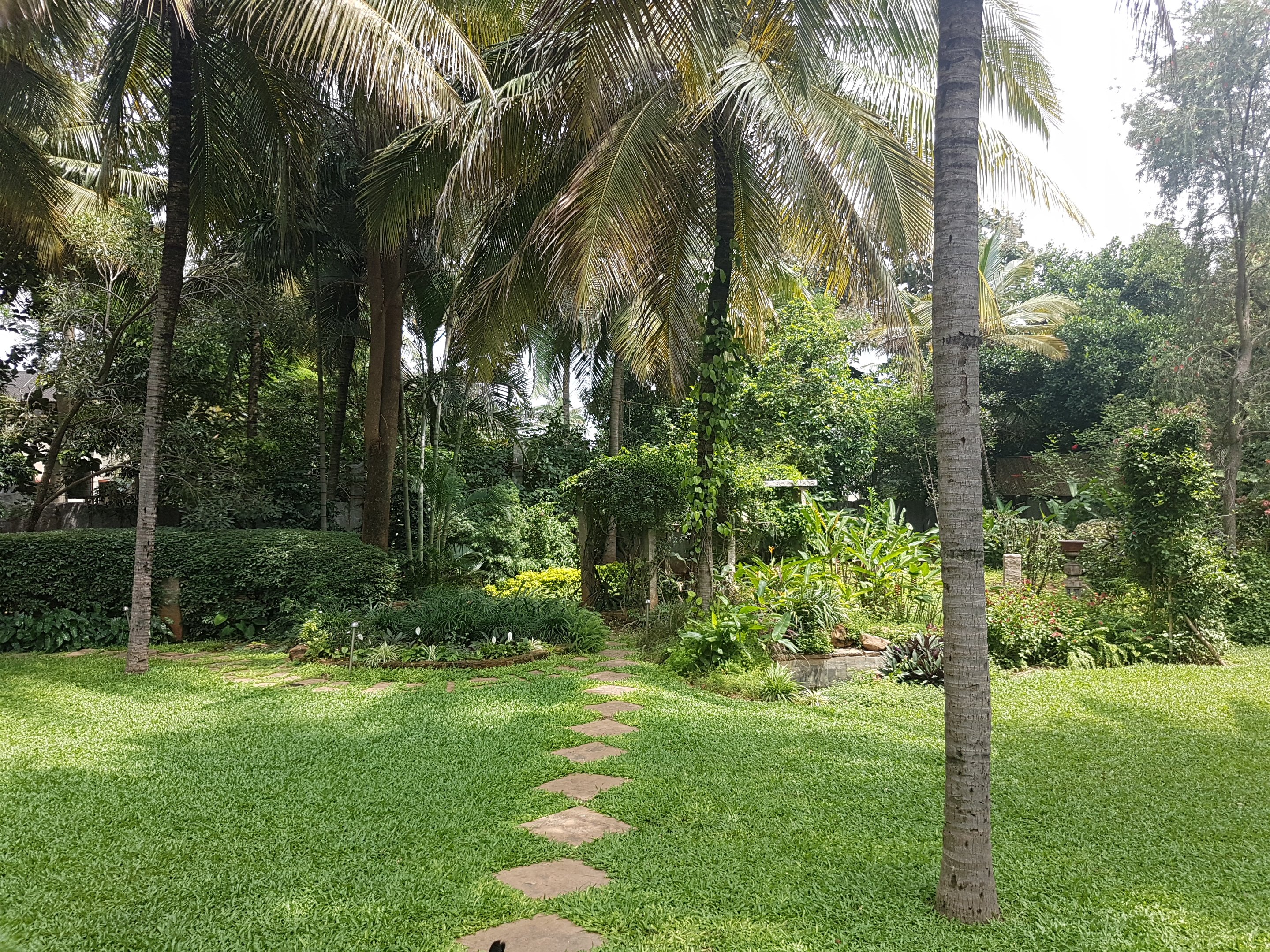
We are staying in Whitefield, once a remote outlier of Bangalore. Imagine Sevenoaks, this was Whitefield ten years ago. Now imagine the entire length of the A21 filled with shops, tower blocks both complete and not, massive shiny steel and glass technoparks, and the ceaseless beeping honking choking revving ebb and flow of traffic, traffic which is cars vans buses lorries scooters scooters scooters and cattle. The horn is the lingua franca of the roads. To move anywhere in Bangalore involves negotiating this semi stationary network. People as pedestrians do figure – bound by the same impossible to imagine rules that turn one lane into two then into three, when turning right involves a u-turn directly into oncoming traffic, and any space is a gap instantly filled by car, tuktuk or scooter. Pavements are occasional luxuries that appear out of nowhere, never less than a foot high, and then are gone. To cross the road, stop thinking, look both ways whichever lane you’re in, step out and trust in the hive mind.
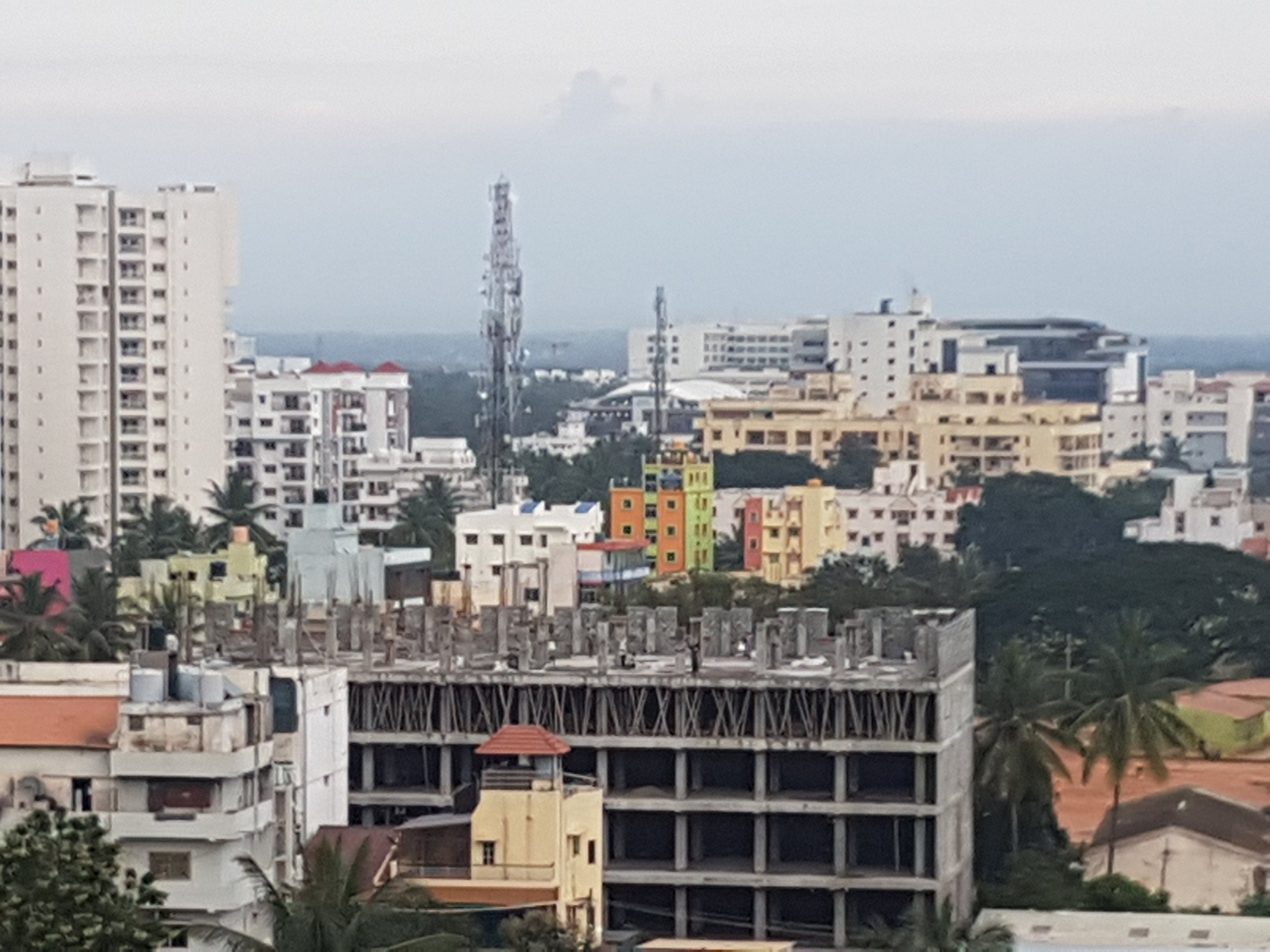
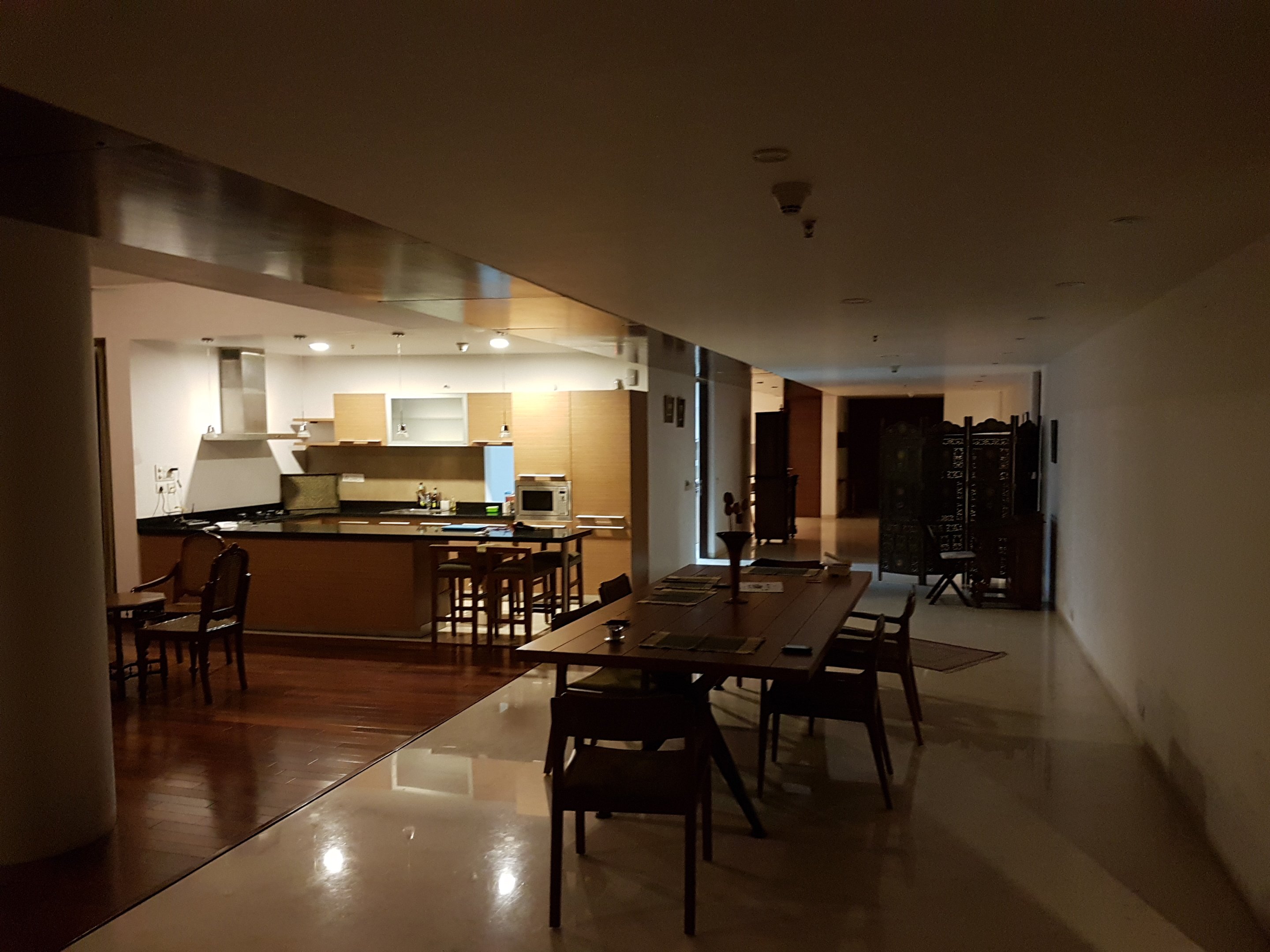
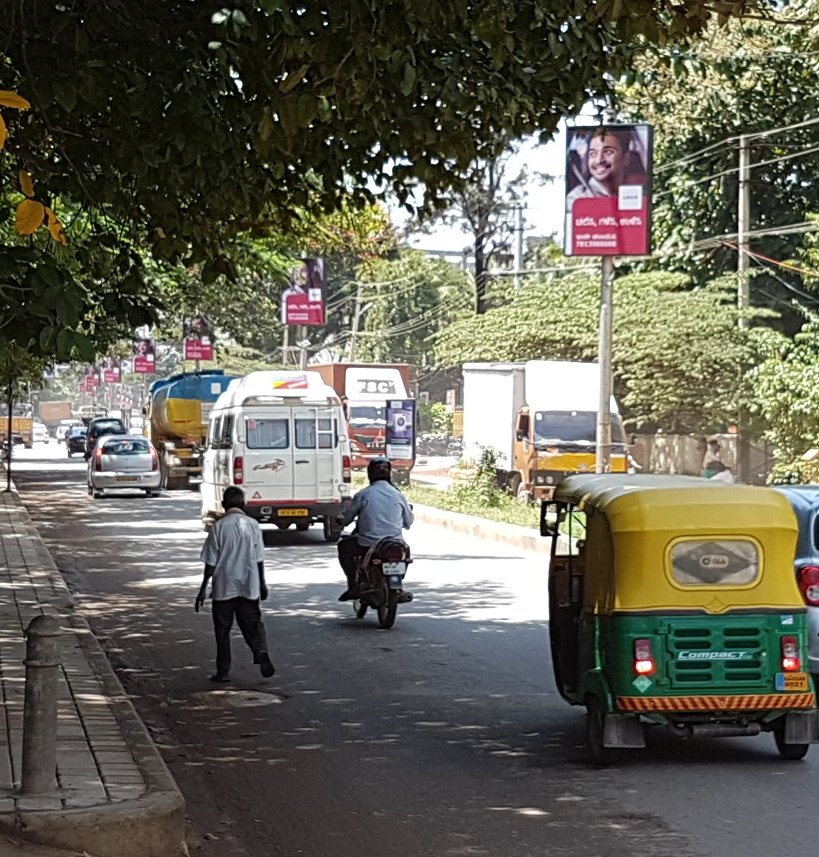
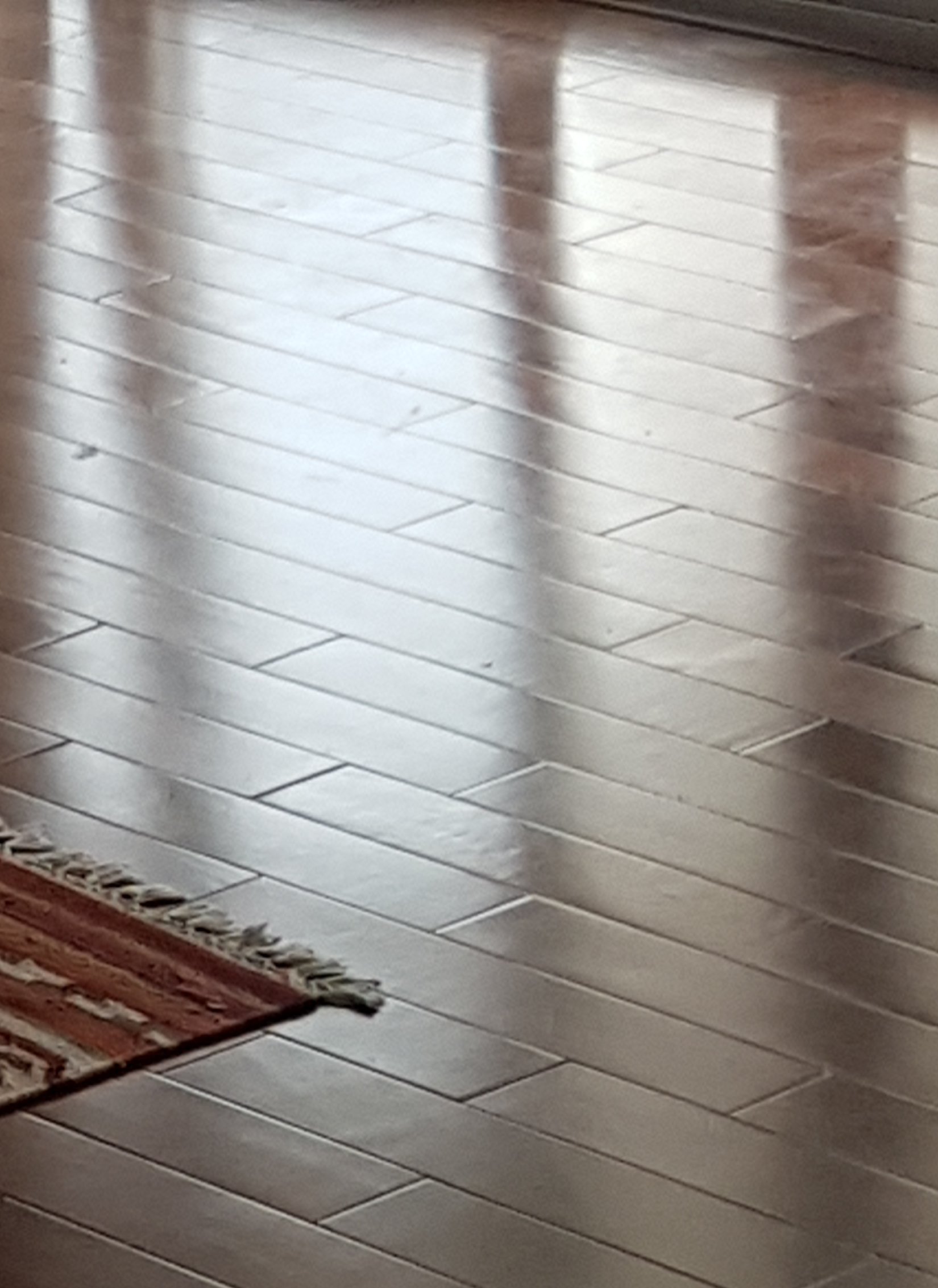
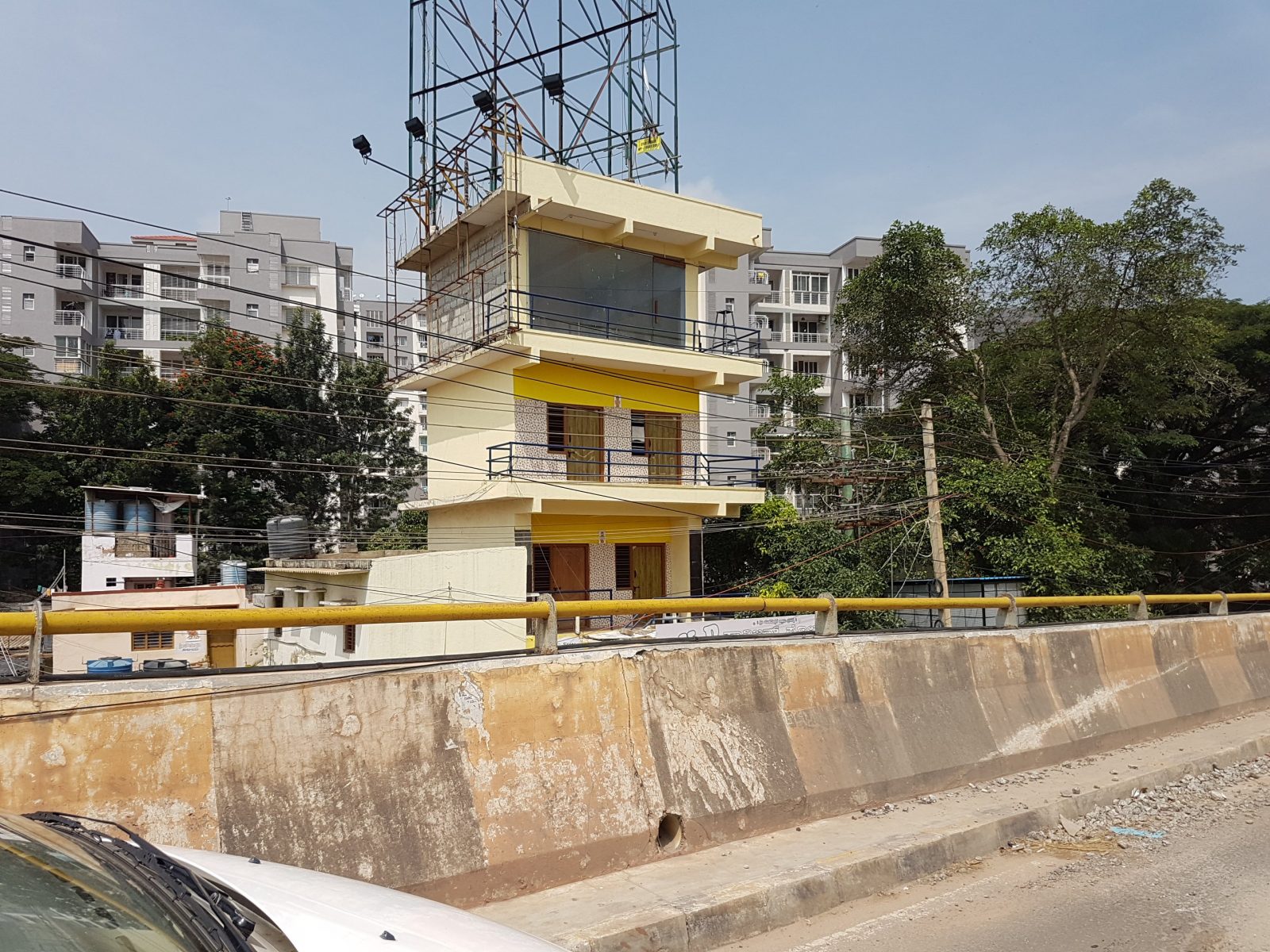
Our life is entirely luxurious. We eat thalis, pizza, pan Asian, beef, drink stouts, ales, lime sodas. We get sim cards, download a thousand apps, travel up to town the old fashioned way (long delayed, comically crowded train) to fill out forms at different counters to buy tickets for different journeys from different quotas, and home again on a bus, a mere 2 hours standing. Next day we used an app. We join a meditation in a gated community, and break bread with a fasting Jain. I play golf for the first time in 25 years. Koreans from the Hyundai factory in Chennai playing their fourth round in a long weekend precede us. Some of them wear facemasks. I am still unmercifully terrible. The caddy works hard to retrieve lost balls. We meet a tiny ancient aunty, as spry and lively as ever she were, hands waving, talking telling tales, her husband pouring endless lunchtime beers, both in their nineties.
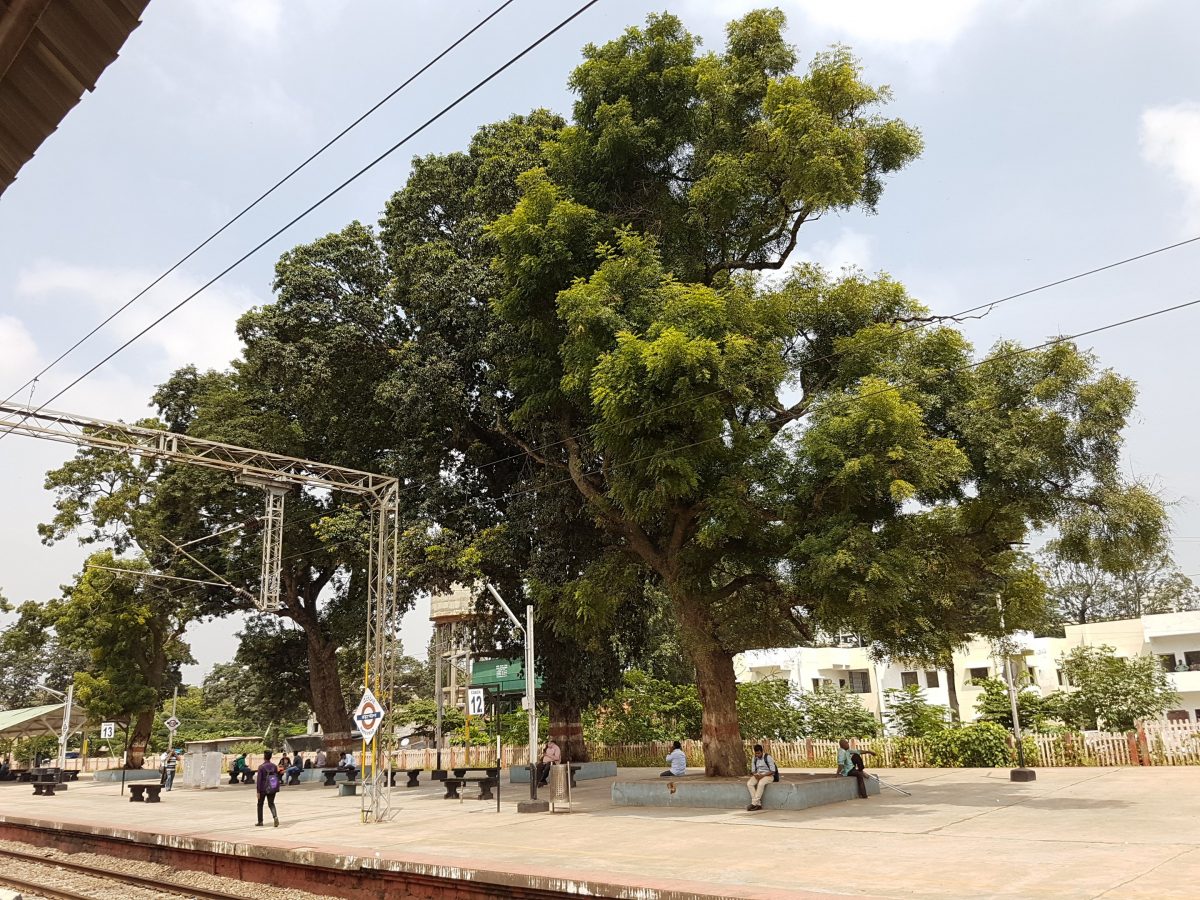
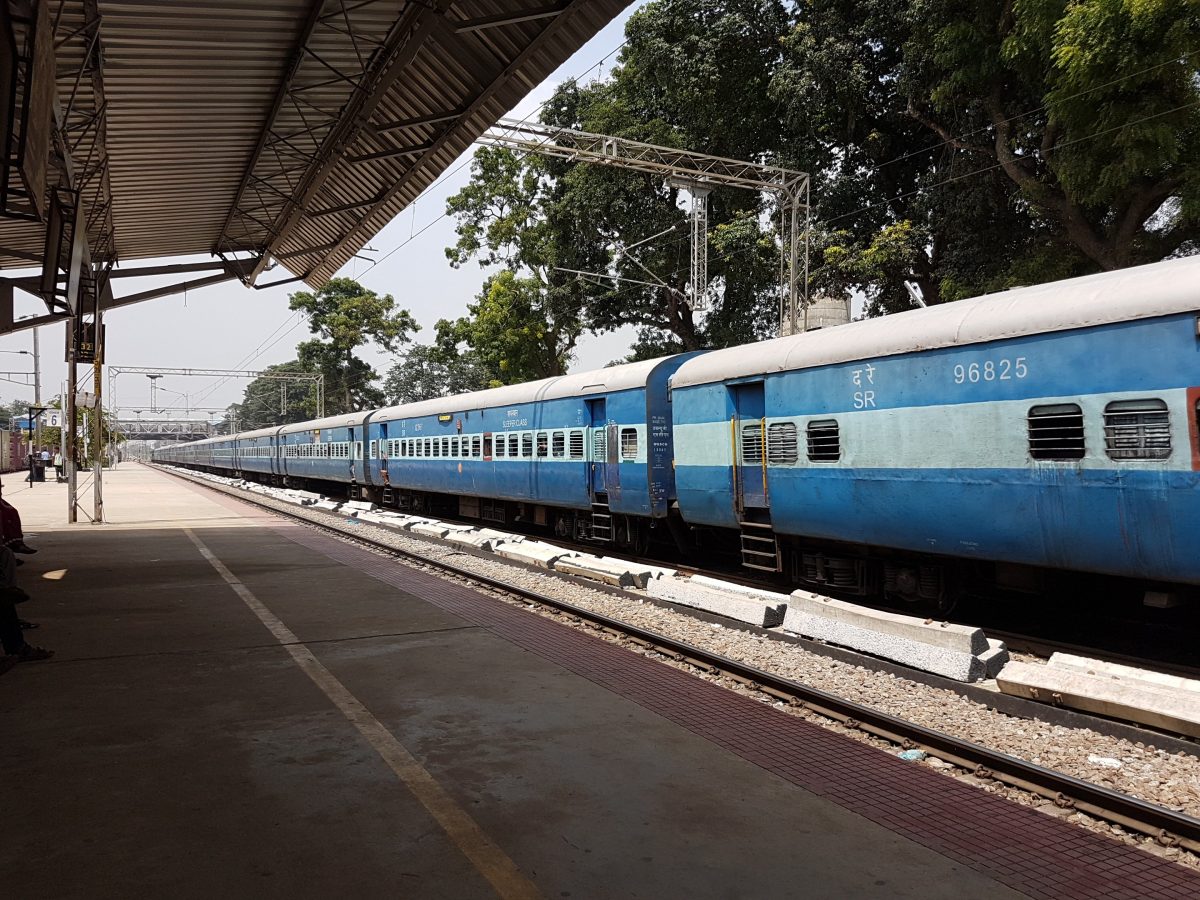
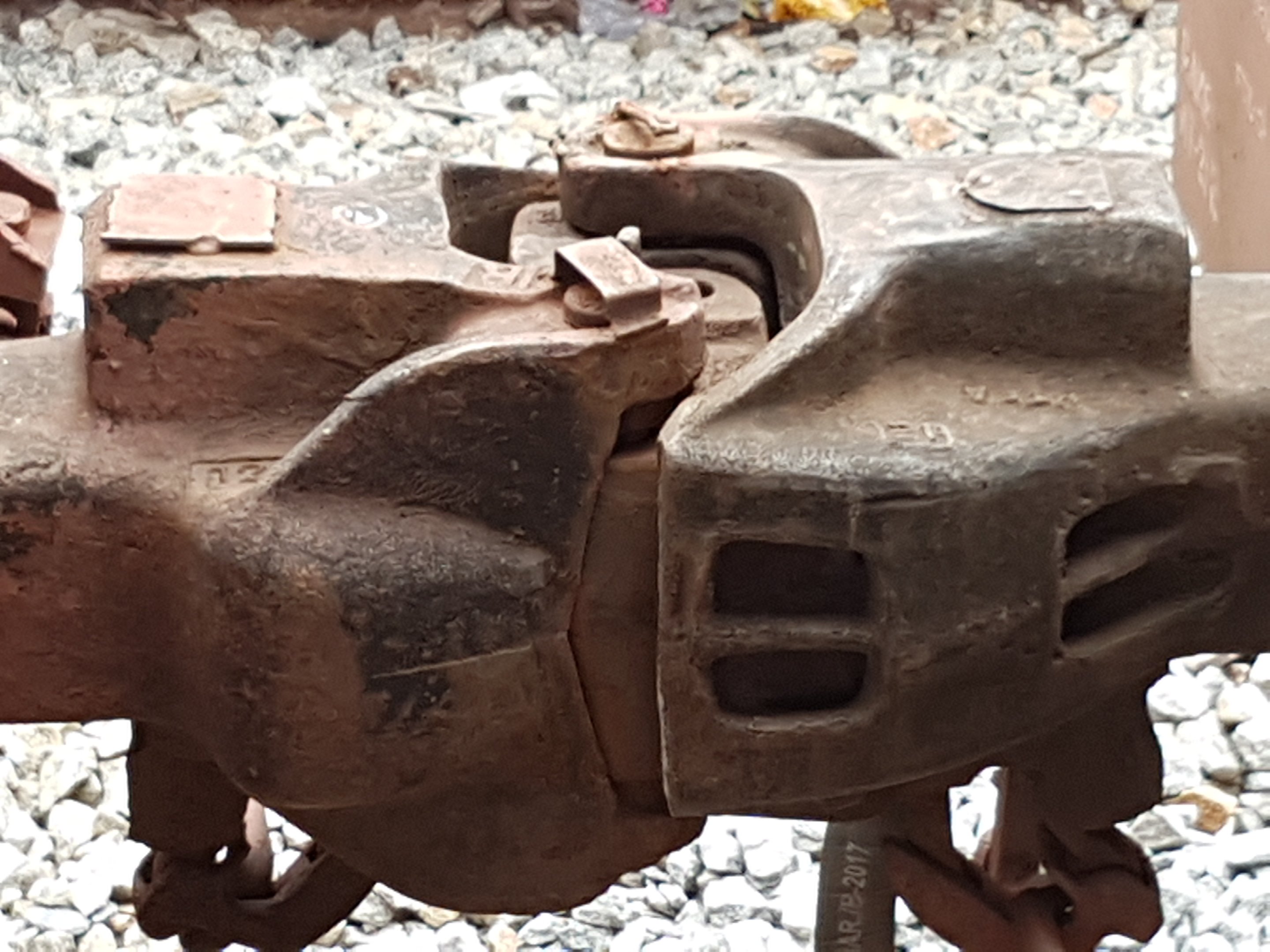
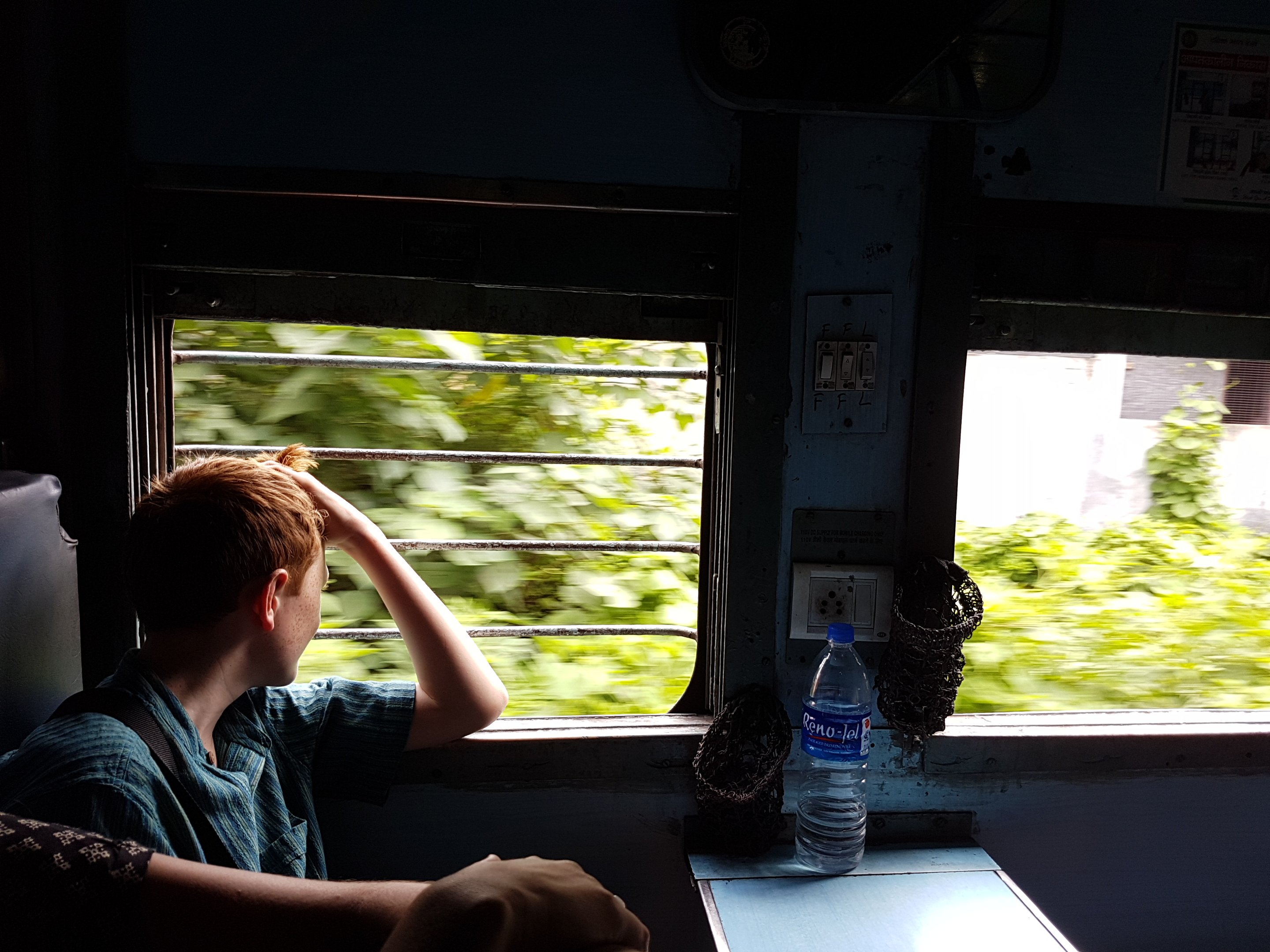
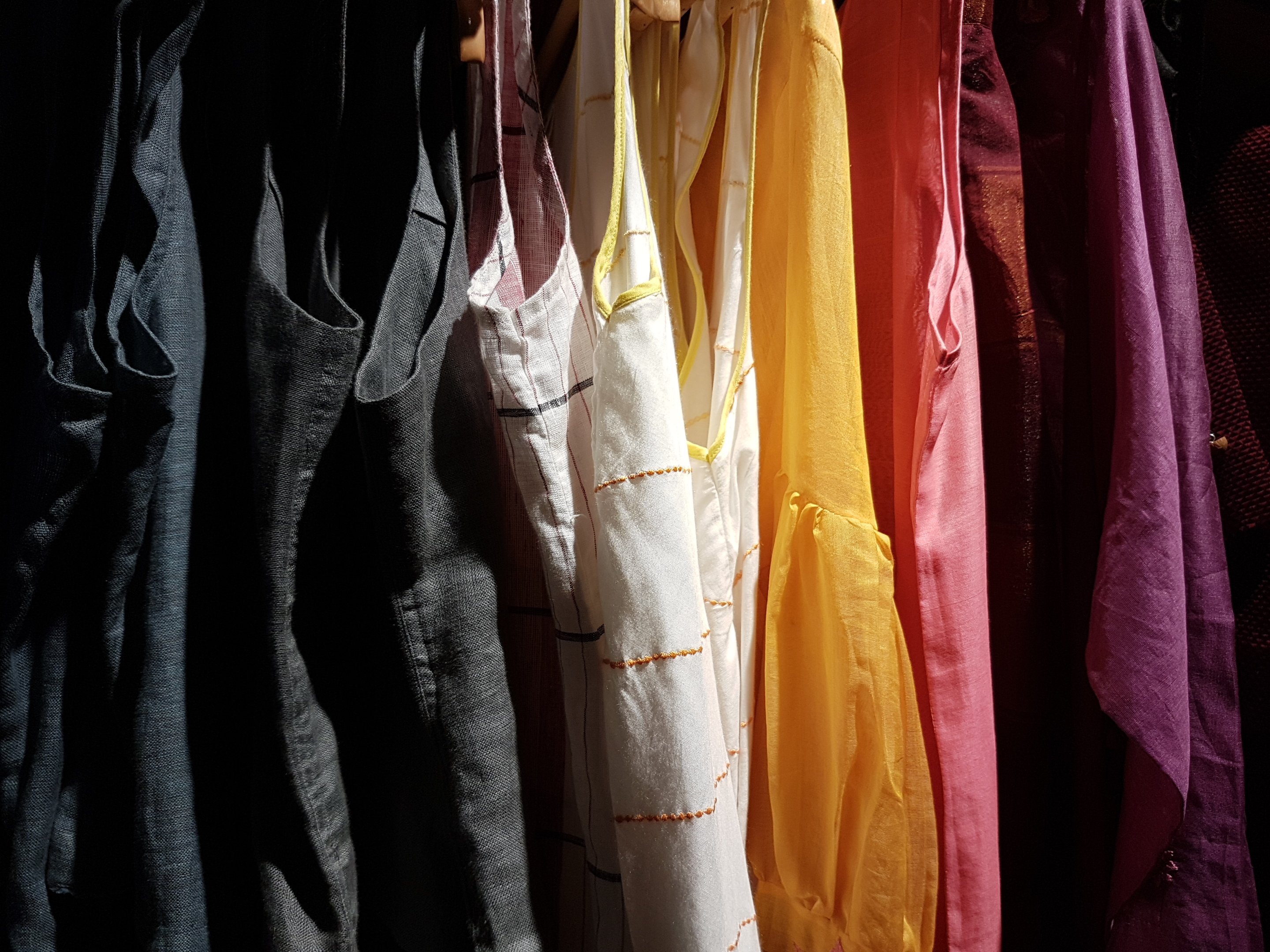

A key daily routine is communicating with Sri Lanka Air. Our luggage? Yes, tomorrow sir. Tash’s bag comes first, on day six; mine on day seven, Wilkie’s on day eight. We shopped for some absent essentials on our first day, partly in the local mall, partly elsewhere. So by the time I get my bag, I’ve been juggling a few items for some days, I’m excited. And then I discharge the contents, checking for damage or loss, my carefully sourced and packed bag, and I think; is this it? Is there anything here worth waiting for?
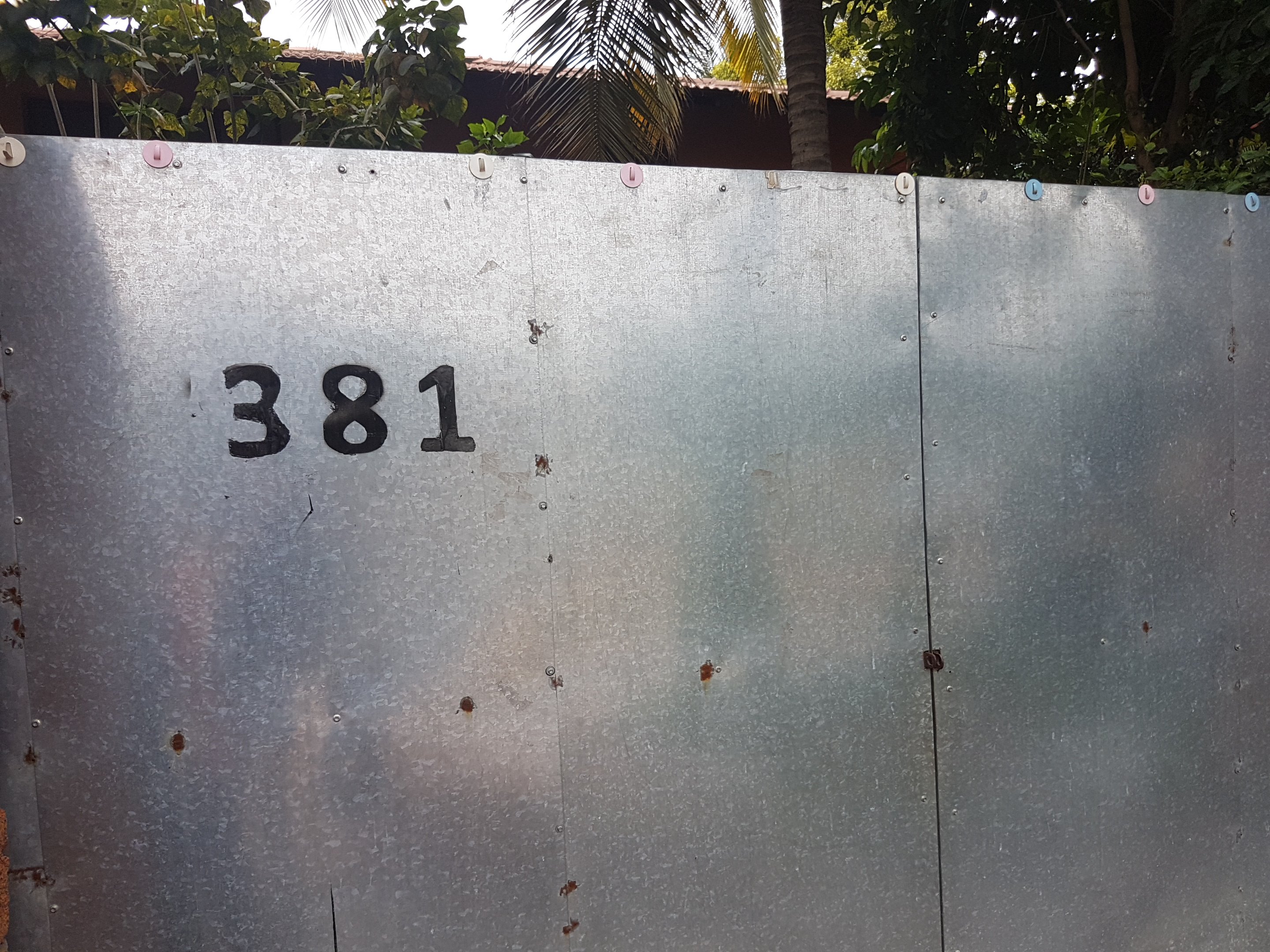
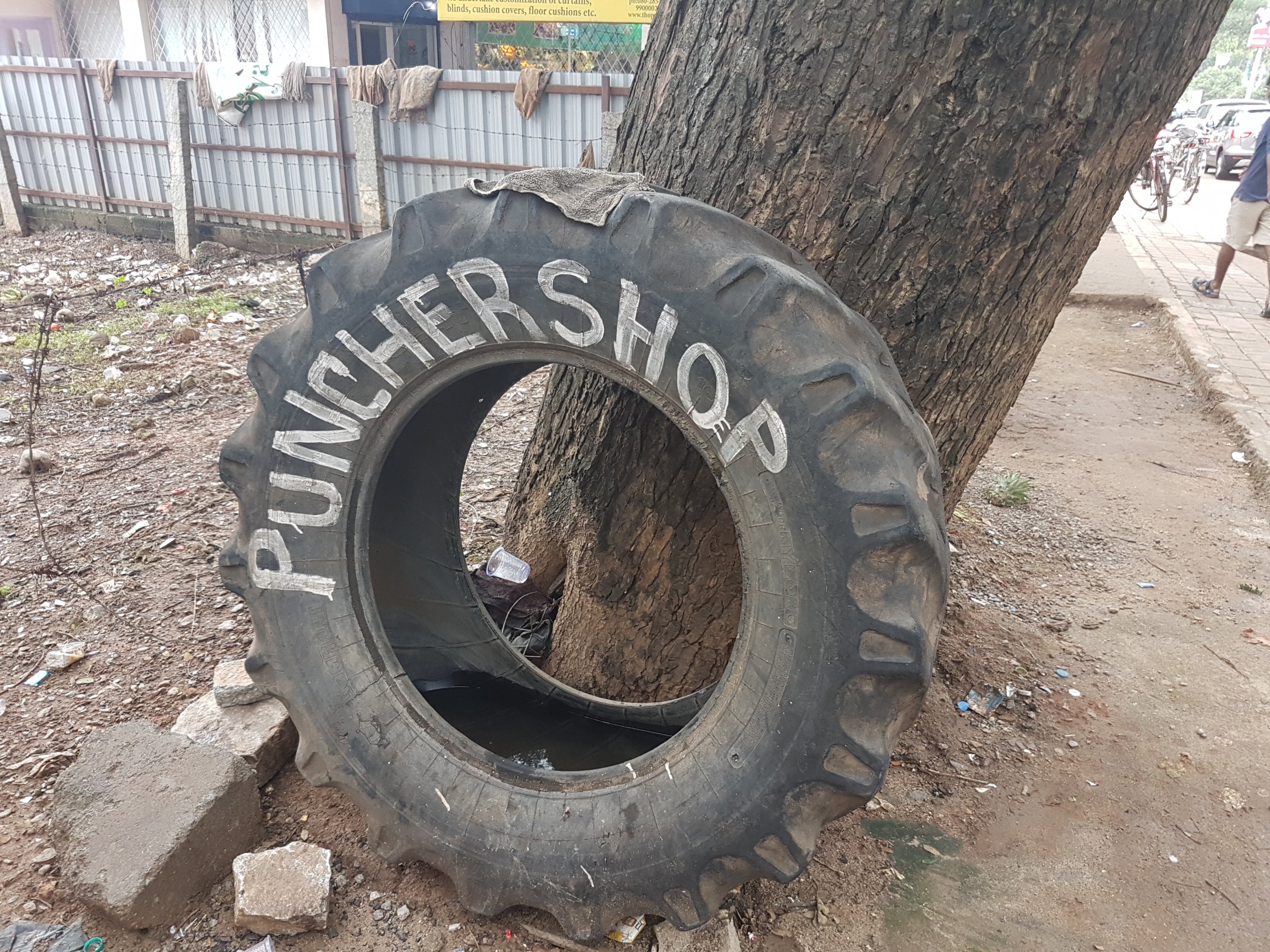

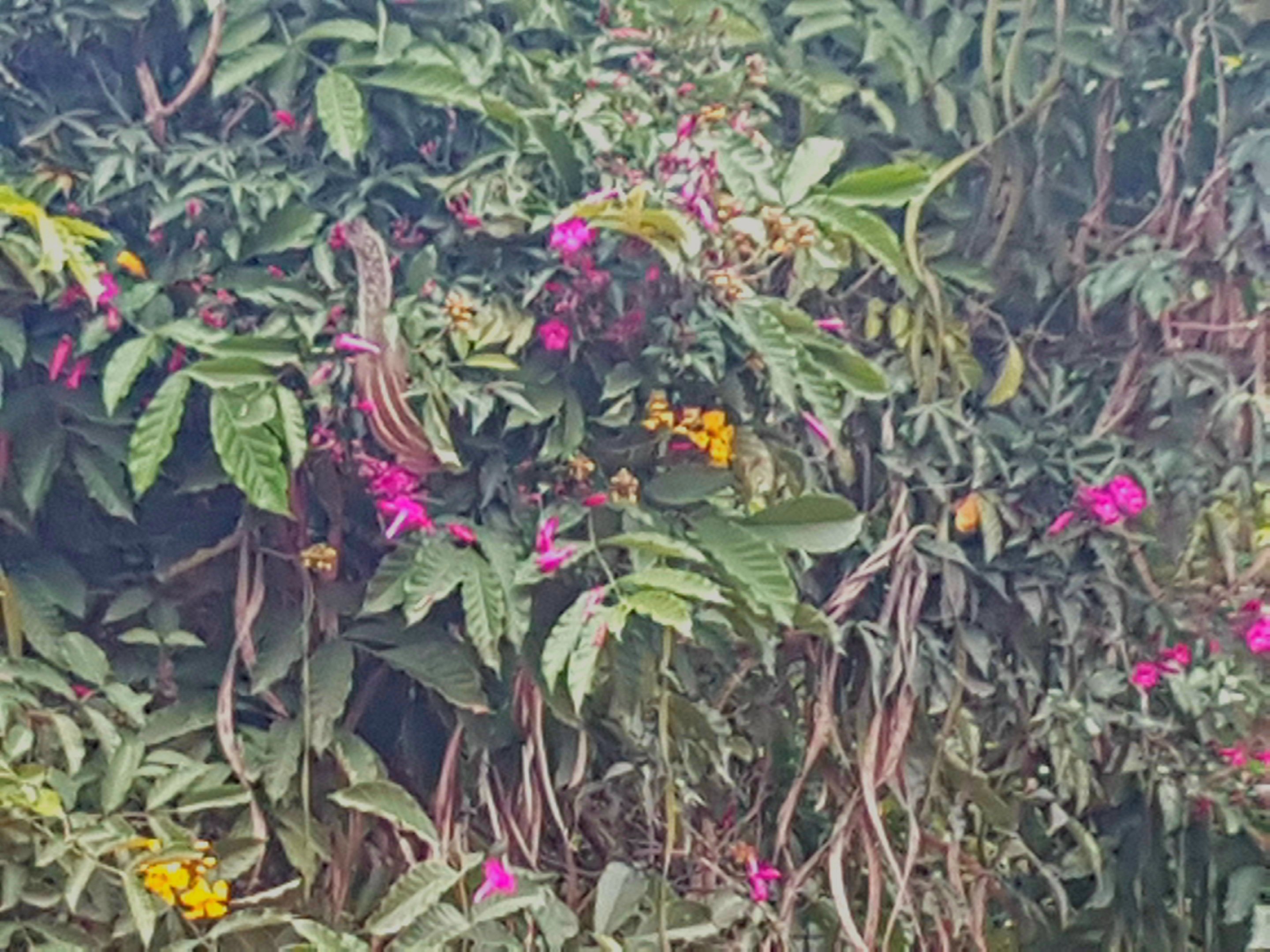
Our host is lovely, attentive, generous. We walk, survive and enjoy the ten minute journey from our apartment to her house morning, noon and night. Her garden is lush, with coconuts, chillies avocados, poinsettias the size of trees, butterflies the size of birds, brightly plumed crows.
Bangalore’s population has grown from one to ten million over the last ten years. People have come from all over India, from all over the world to work and settle here. Tesco’s are here. Alan Shearer is here. Everyone wants to be mobile. That’s a lot of vehicles. Hardly anyone smokes, perhaps the traffic fumes meet the need. Vehicles drive the economy.
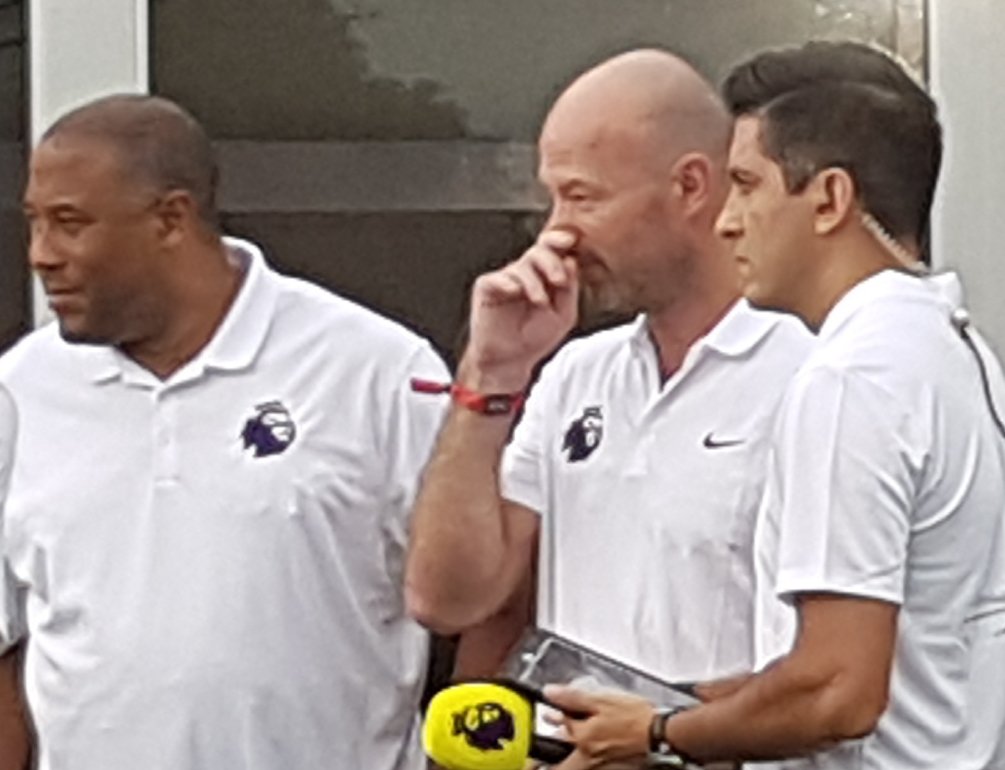
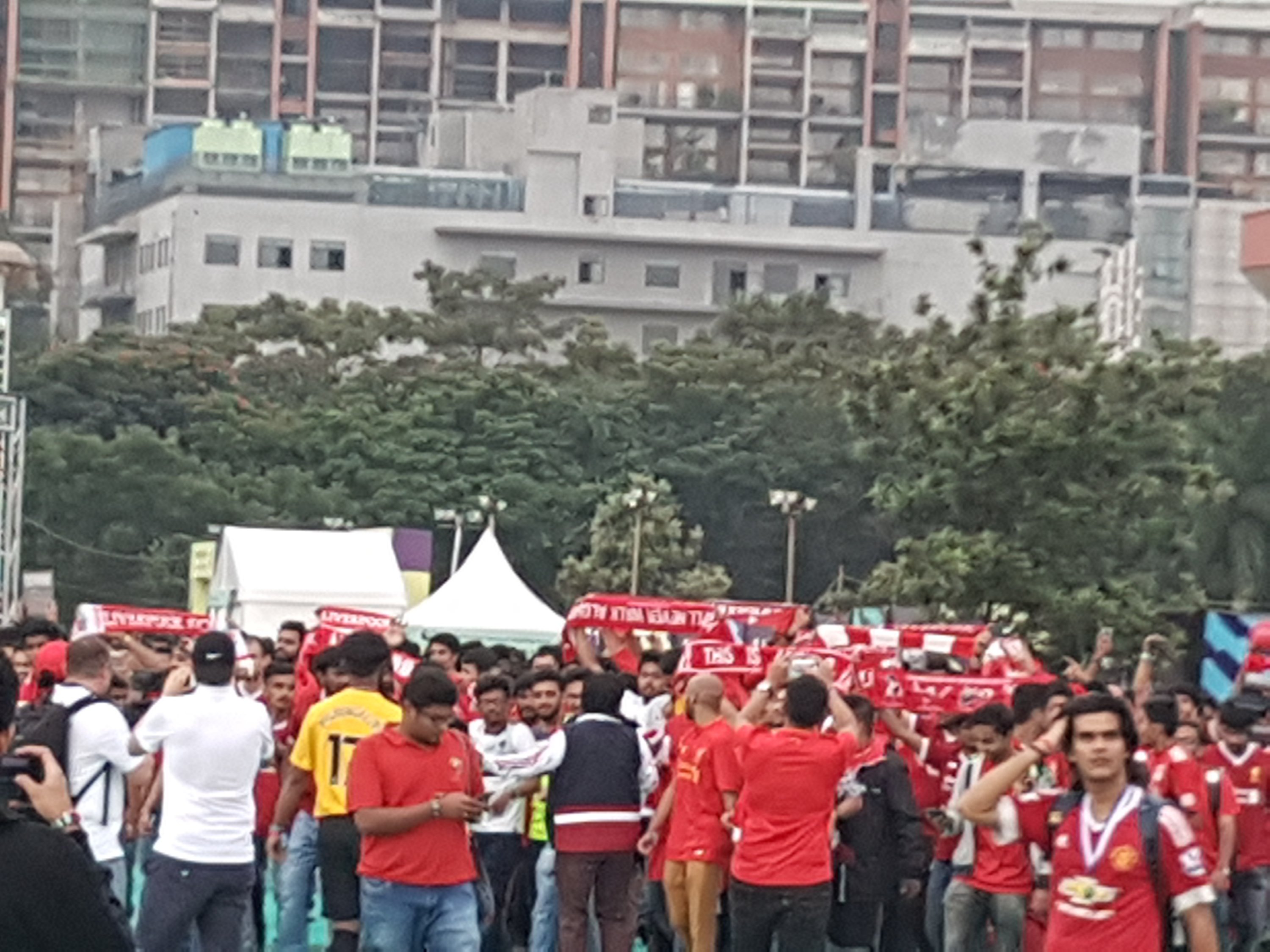
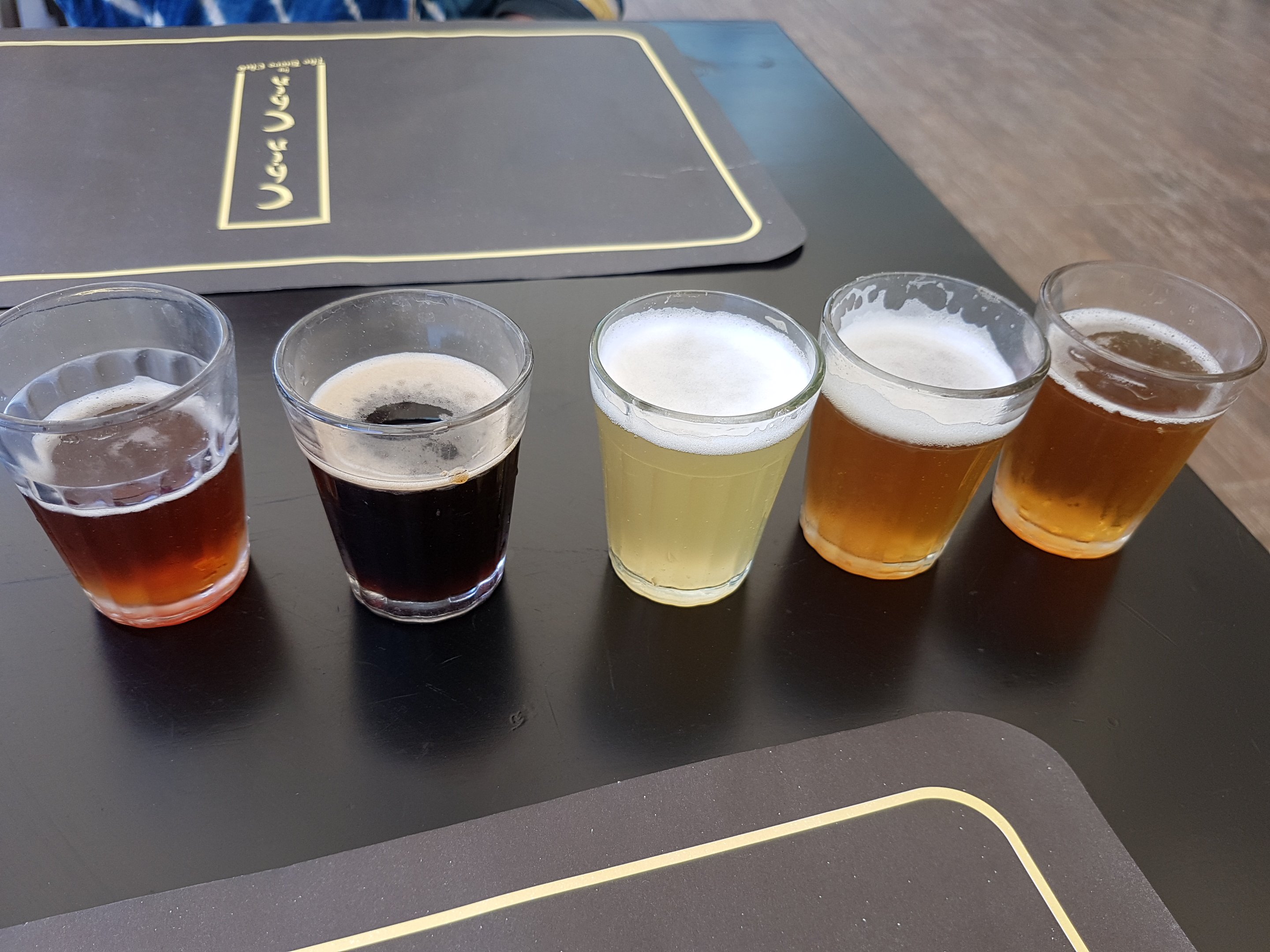
I notice uniforms, on security guards, policemen, tuktuk bus and taxi drivers. I notice traffic, noise, inequality, smells, rubbish, danger, gates, people walking, riding, driving on their phones, everyone on a phone headphones in, school buses, potholes, kites, greens of trees, brightly coloured fabrics, dragonflies, dogs sleeping, dogs eating, cows, everything more numerous, all of it bright and vivid in my imagination. I see bubbles that connect homes and schools and work and leisure, entwined with a thousand other bubbles. Maybe they are filaments. All part of the same massive network, but separate. I know my view is privileged, because I don’t belong. Bring a stranger to my home; what will they see and what will they say ?
Thank you for your hospitality, you have been very kind. But surely you are mad to live like this?
